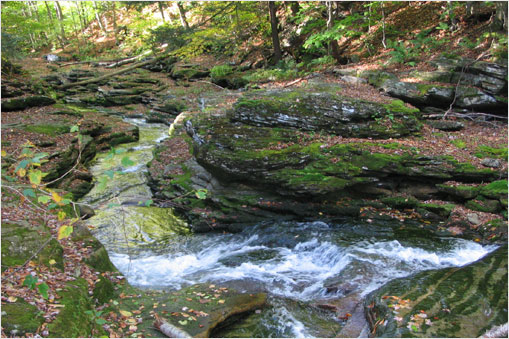 July 12, 2013 CONTACT: Adam Bosch (845) 334-7868 Department of Environmental Protection and Town of Neversink Announce Plans to Replace Baseball Fields Destroyed by Hurricane IreneThe New York City Department of Environmental Protection (DEP) and Town of Neversink on Friday announced an agreement that will help the town build four new baseball fields along Route 42 while also protecting water quality around the Rondout Reservoir. The new ballfields, on Route 42 across from the intersection with Big Hollow Road, will replace the town’s former Little League complex on City-owned land along Route 55A that was destroyed during Hurricane Irene. The Town of Neversink closed on the roughly 16-acre parcel on Monday. That parcel and 72 adjoining acres were originally under contract as early as March 2012 to be purchased by New York City as part of its land acquisition program, which protects the quality of drinking water for 9 million New Yorkers by purchasing vacant land throughout the Catskill-Delaware watershed. DEP and Neversink reached an agreement that led to the property being subdivided, allowing the town to purchase 16 of the 88 acres to replace the ballfields adjacent to the Rondout Creek that it lost during the hurricane in 2011. The agreement calls for the property to be held as parkland – a provision that will ensure open space and recreational facilities for town residents and water-quality protection for customers of the City’s water supply. “The town has looked far and wide for a place to build new ballfields, but there were practically no options available to us,” Town of Neversink Supervisor Mark McCarthy said. “New York City could not have been more accommodating when we approached them with this idea. Because of our partnership with DEP, more than 300 young people from Neversink will now have a place to play baseball and softball.” “The City was more than happy to work with our neighbors in Neversink once we realized this property along Route 42 could help them replace an important park for their children,” DEP Commissioner Carter Strickland said. “The watershed provides clean drinking water for half of New York state, but it’s also a region where roughly 50,000 residents of the Catskills work, play and live. That’s why, in cases such as this, we try hard to balance the interests of water quality and local communities.” Neversink purchased the 16-acre property for $192,000. The town is aiming to have at least some of the ballfields built by 2014, and it will start excavating and grading the site as soon as site plans are finished and necessary approvals are secured. The vast majority of its costs will be covered by more than $500,000 it received from federal and state emergency funds after Hurricane Irene. New York City expects to close on its portion of the property by September. DEP manages New York City’s water supply, providing more than one billion gallons of water each day to more than 9 million residents, including 8.3 million in New York City, and residents of Ulster, Orange, Putnam, and Westchester counties. This water comes from the Catskill, Delaware, and Croton watersheds that extend more than 125 miles from the City, and the system comprises 19 reservoirs, three controlled lakes, and numerous tunnels and aqueducts. DEP employs nearly 6,000 employees, including almost 1,000 scientists, engineers, surveyors, watershed maintainers and others professionals in the upstate watershed. In addition to its $68 million payroll and $157 million in annual taxes paid in upstate counties, DEP has invested more than $1.5 billion in watershed protection programs—including partnership organizations such as the Catskill Watershed Corporation and the Watershed Agricultural Council—that support sustainable farming practices, environmentally sensitive economic development, and local economic opportunity. In addition, DEP has a robust capital program with over $14 billion in investments planned over the next 10 years that will create up to 3,000 construction-related jobs per year. For more information, visit nyc.gov/dep, like us on Facebook at facebook.com/nycwater, or follow us on Twitter at twitter.com/nycwater. | ||